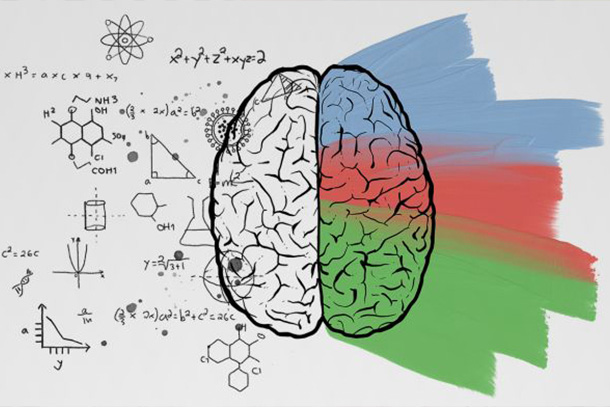
Credit: Brennan Dincher / Penn State.
Three projects receive Huck Innovative and Transformational Seed Fund grants
Sept 11, 2024
Editor's note: This article originally appeared on Penn State News.
By Cole Hons
UNIVERSITY PARK, Pa. — Three potentially high-impact, high-risk research projects have been selected to receive seed funding for the latest round of the Huck Innovative and Transformational Seed (HITS) Fund initiative.
“To do something really new and groundbreaking in science, you have to take a chance on a risky idea," said Patrick Drew, interim director of the Huck Institutes of the Life Sciences. "The goal of the HITS seed fund program is to give support to our faculty to do work that is not along a well-worn path and can have a big impact.”
Designed to directly support novel, potentially high-impact projects in any area of the life sciences, the HITS Fund serves as a launchpad for innovative ideas. Proposals do not require the preliminary data or existing work often needed to attract immediate support from conventional funding sources.
The three projects awarded HITS funding for fall 2024 are:
“Decoding gall induction by insects"
This project is led by John Tooker, professor of entomology, with support from collaborators Tanya Renner, associate professor of entomology; Fang "Rose" Zhu, assistant professor of entomology; and Timothy Moural, assistant research professor.
Noting that gall-inducing insects can produce a range of powerful manipulations in host plants, the researchers will work to understand how a caterpillar species, Gnorimoschema gallaesolidaginis, induces galls — growths — on the goldenrod plant species, Solidago altissima. They said their hope is that the resulting discoveries will yield novel ways to manipulate plants using insect-derived molecules for specific purposes, such as altering plants for faster growth, increased nutritional value, and greater pest-resistance.
“Development of standardized additives for predictable, reliable, and reproducible electron cryo- microscopy purposes"
This project is led by Jean-Paul Armache, assistant professor of biochemistry and molecular biology, with support from collaborator Sung Hyun Cho, assistant research professor and director of the Cryo-Electron Microscopy Core Facility.
The researchers aim to improve the difficult and time consuming process of freezing samples for electron cryo-microscopy characterization. Noting that the stochastic and unpredictable nature of current methods for optimal freezing results, Armache and Cho will investigate proteins from extremophiles — specifically, organisms living in arctic conditions — to tackle dehydration, high radiation and low temperatures. By exploring the usability of these proteins in cryo-EM grid preparation, the researchers aim to create optimal and reproducible freezing results that lower costs, speed up sample preparation and improve reproducibility.
"Single-molecule based design/build/test pipeline for engineering improved plastic degrading enzymes to address microplastics pollution"
This project is led by William Hancock, professor of biomedical engineering, with support from collaborator Howard Salis, associate professor of biological and chemical engineering.
The researchers seek to develop a new approach for removing nanoplastics from drinking water, in light of a growing body of evidence that nanoplastics are neurotoxic and increase the risk of heart disease via accumulation in carotid artery plaques. Building upon the established capacity for certain enzymes to degrade both crystalline and amorphous PET plastic, Hancock and Salis plan to develop a pipeline for designing, producing and characterizing PETase enzymes to quantitatively determine their microscopic enzymatic activities using single-molecule analysis.
To learn more about the HITS program, including descriptions of past projects and application guidelines for future rounds of funding, visit the Huck Institutes website.
